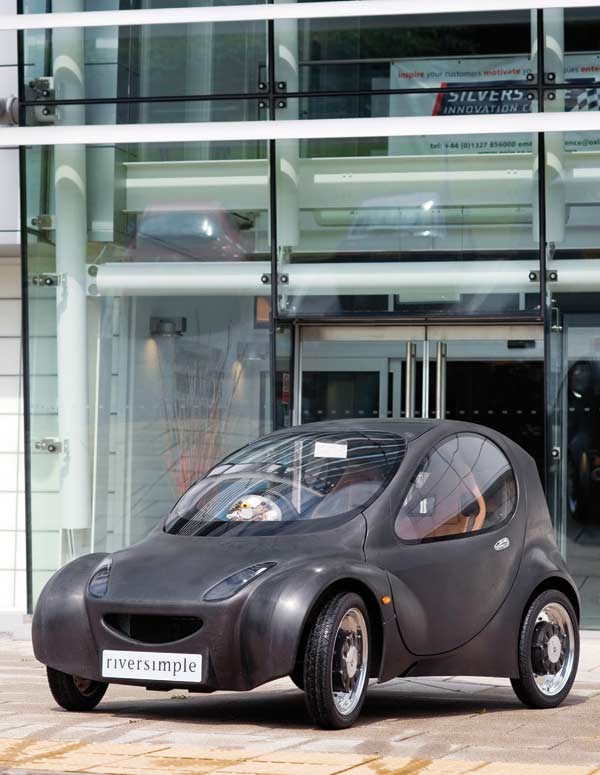Open-Source Automobile

Not long after the U.S. Department of Energy moved to end most federal support for fuel-cell transportation, the U.K.-based startup Riversimple has dived into the uncertain waters of the hydrogen economy with a tiny fuel-cell-powered car. The prototype of the hydrogen-powered vehicle is about the size of a golf cart. Though small, the body, made from carbon composites, is tough. Each wheel is powered by its own electric motor, and ultracapacitors store energy captured during braking. The car has a range of 320 kilometers and a top speed of 80 kilometers per hour. Riversimple is releasing the design under an open-source license. Its business model will be to lease cars to owners, with the cost of the hydrogen fuel included in the lease price. Owners will refill their cars at stations that Riversimple plans to build in urban areas.
Product: Riversimple hydrogen car
Cost: N/A
Source: www.riversimple.com
Companies: Riversimple
Keep Reading
Most Popular
Large language models can do jaw-dropping things. But nobody knows exactly why.
And that's a problem. Figuring it out is one of the biggest scientific puzzles of our time and a crucial step towards controlling more powerful future models.
How scientists traced a mysterious covid case back to six toilets
When wastewater surveillance turns into a hunt for a single infected individual, the ethics get tricky.
The problem with plug-in hybrids? Their drivers.
Plug-in hybrids are often sold as a transition to EVs, but new data from Europe shows we’re still underestimating the emissions they produce.
Stay connected
Get the latest updates from
MIT Technology Review
Discover special offers, top stories, upcoming events, and more.